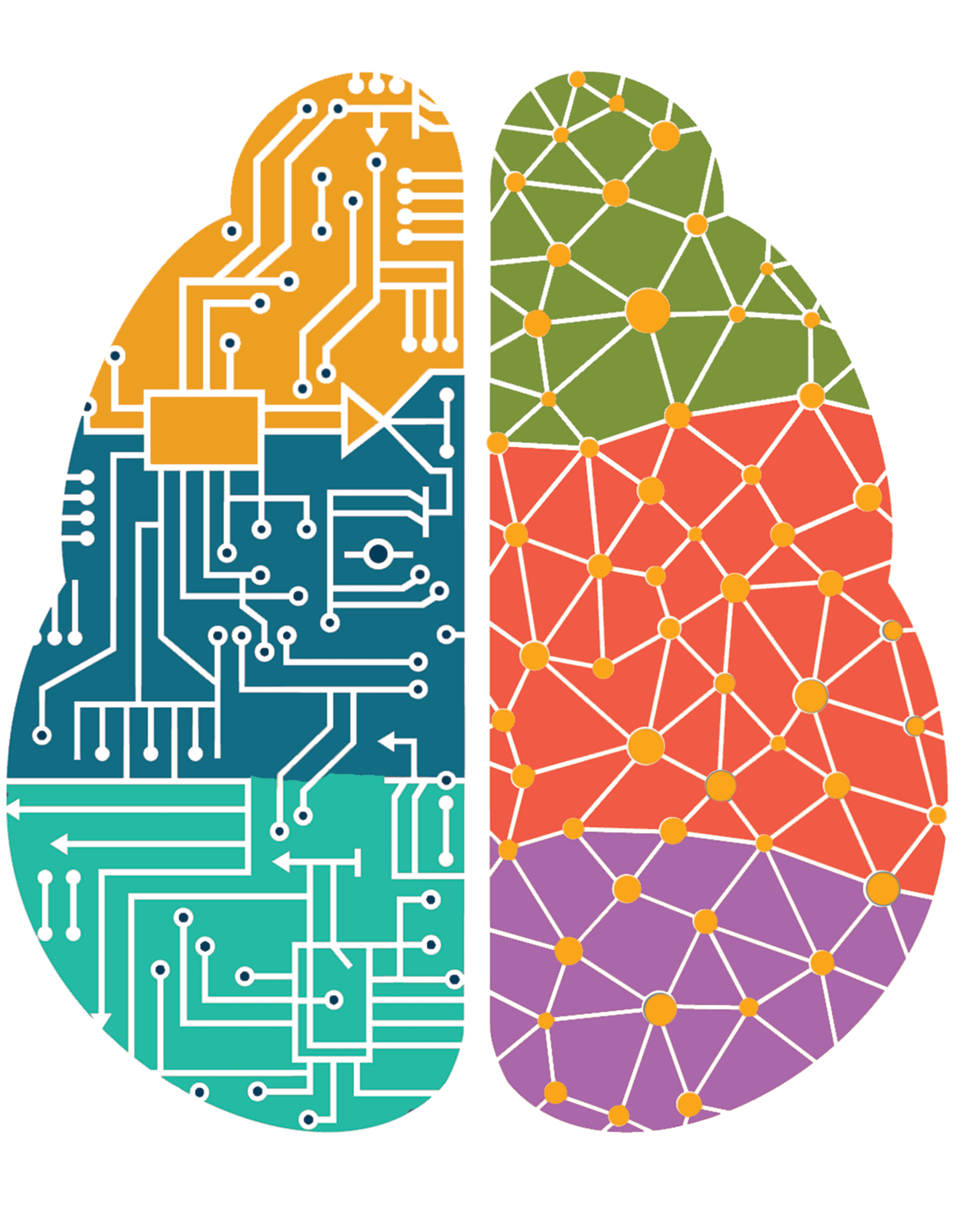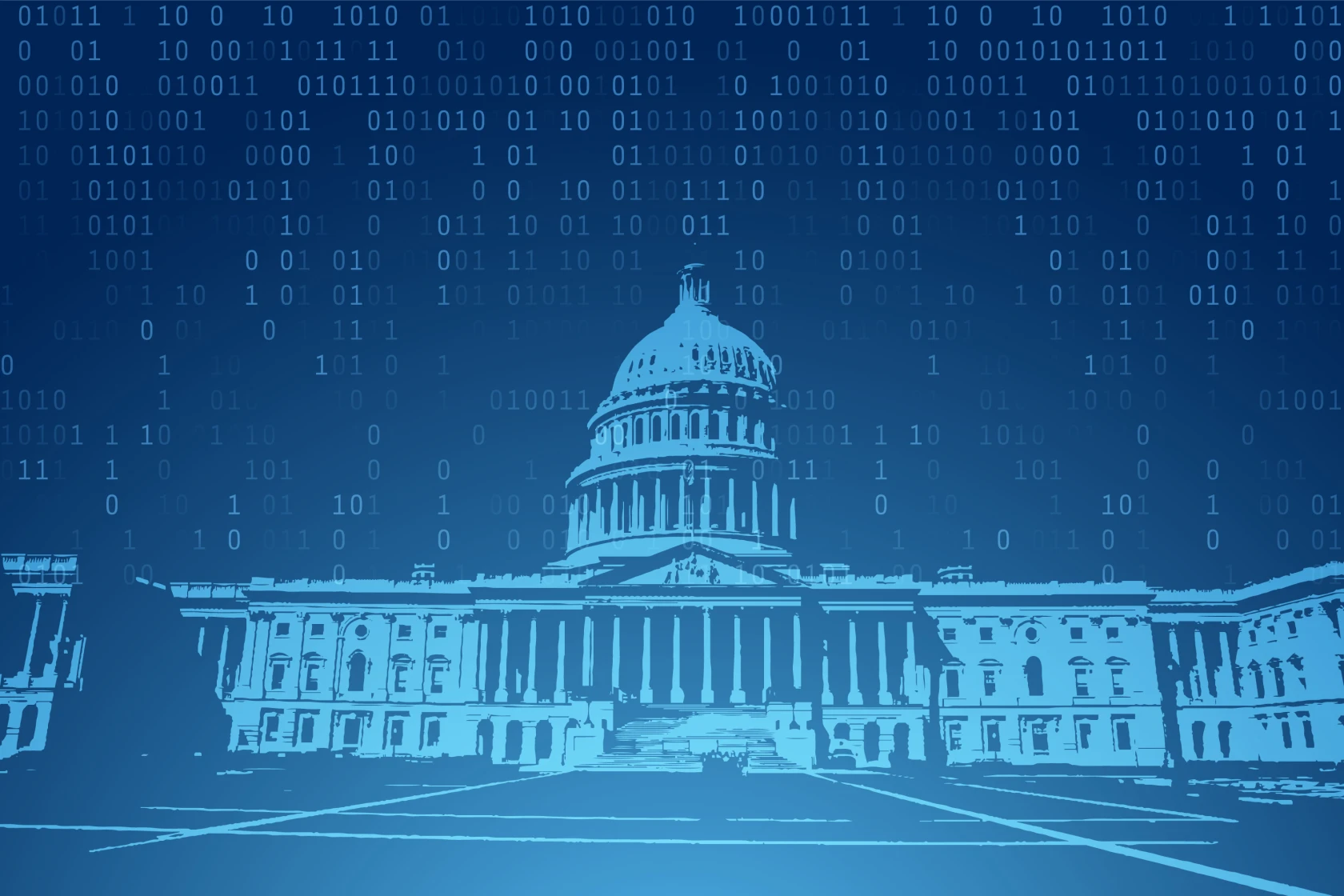LATEST EVENTS
Literature Guide to Trump-Era Policies and DOGE's Impact on Personal and Public Data
The Digital Trade and Data Governance Hub curates the latest literature on the challenges posed to personal and public data by the Trump Administration and the Department of Government Efficiency (DOGE). The Hub tracks the evolving government policies on data access and regulation that directly influence innovation and market competition in the AI space. By consolidating the latest news, research, and policy analyses, we provide our audience with a timely resource to understand how these shifts are reshaping the digital ecosystem.
Led by Michael Moreno and Dr. Susan Aaronson
Why the Trump administration keeps asking for Minnesota’s welfare data
By Eva Hercowitz (February 2, 2026)
Trump Quest for Voter Data Spurs Lawsuits, a Raid and Jail Risk
By Chris Strohm aand Jimmy Jenkins (February 1, 2026)
How the Shutdown Has Cut Off Key Data Guiding the Fed’s Decisions
By Ellen O’Regan (February 3, 2026)
United States Withdraws from Open Government Partnership
By Open Government Partnership (January 15, 2026)
Federal courts deny Trump request for private voter data in 2 states
By Kevin Hardy (January 15, 2026)
Trump administration concedes DOGE team may have misused Social Security data
By Kyle Cheney (January 20, 2026)
At least 27 states turned over sensitive data about food stamp recipients to USDA
By Jude Joffe-Block (October 16, 2025)
How the Shutdown Has Cut Off Key Data Guiding the Fed’s Decisions
By Jarrell Dillard and Michael Sasso (October 16, 2025)

What do we do
The Digital Trade & Data Governance Hub provide resources, training, events, and evidence-based research to help stakeholders understand data governance and digital trade.

Evidence based Research

Training

seminars
Recent Publications
How should we think about data?
We have little information about what data firms collect, how these firms use or sell our data, or how they mix various data types. If we want these markets to operate more equitably and efficiently, policymakers must focus on the governance of data.

Personal Data
e.g. birthdates
Proprietary or Confidential Business Data
e.g. payrolls
Public Data
Data in the public domain, census data, scientific data, etc
Metadata
Supposedly anonymized personal data
Machine to Machine Communication
Satellite Data
Wondering who we are?
We are a team with a diverse background in international trade, international affairs, economics, public policy, and communication.


























